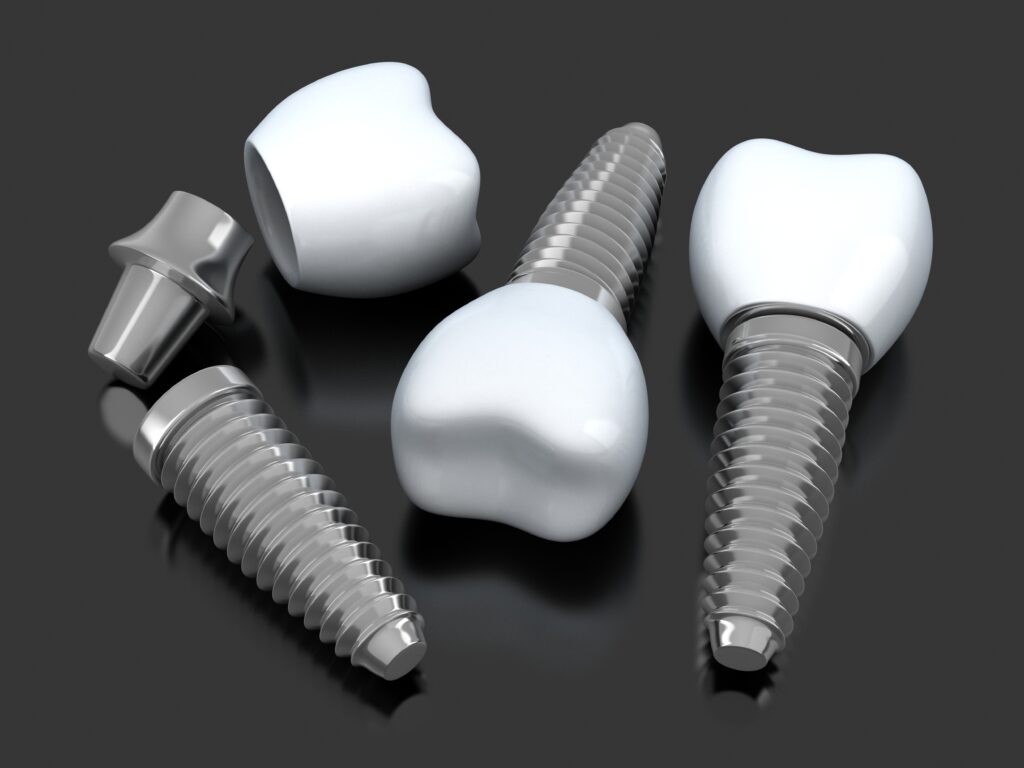
Dental implants are one of the strongest and most effective methods of replacing teeth, capable of doing remarkable things for patients that are missing teeth. If you’ve gotten yours recently, you probably want to do whatever you can to ensure that your new teeth are in good condition.
A solid diet is an important part of that. There vital nutrients that can increase the strengths and durability of your dental implants, one of which is vitamin D. Here’s why it’s important and how you can incorporate more of it into what you eat.
Vitamin D and Dental Implant Health
In case you aren’t aware, dental implants are supported by the jawbone that they’re inserted into. This means that if you’re interested in supporting the long-term health of your implants, the best thing that you can do is to ensure that your bones are strong.
As you probably know, calcium is crucial in this regard. It supports and remineralizes the bones, which is part of why dairy products are recommended to support bone health. However, calcium is also limited in what it can do on it’s own; in order for the body to absorb it properly, vitamin D is necessary. For that reason, it’s incredibly important to the health of your dental implants.
How to Get More Vitamin D
One of the most important sources of vitamin D actually isn’t a food: it’s sunlight! By spending more time outdoors, you can ensure that the calcium you consume is doing all that it can for your bones.
However, you can also get some amount of vitamin D from your diet. Here are a few foods that might help:
- Fatty Fish: Salmon, mackerel, tuna, and sardines are among the richest sources of vitamin D. A single serving of salmon can provide more than the daily recommended intake.
- Cod Liver Oil: This supplement is extremely high in vitamin D. Just one tablespoon can provide more than twice the daily recommended amount.
- Egg Yolks: Eggs, particularly the yolk, are a convenient source of vitamin D. Free-range or pasture-raised eggs tend to have higher levels.
- Fortified Foods: Many dairy products, plant-based milks (like almond, soy, or oat milk), orange juice, and cereals are fortified with vitamin D. Check labels to ensure you’re getting a good dose.
- Mushrooms: Some mushrooms, like shiitake and maitake, are exposed to ultraviolet light, making them a plant-based source of vitamin D.
About the Author
Dr. Raj Vekariya believes that being able to help patients smile involves more than being able to provide fillings and dental implants. It also entails learning as much as he can about the field of dentistry and sharing that immense knowledge with his patients. Dr. Raj received his dental degree from New York University’s College of Dentistry, and has also completed his Certificate program in Esthetic and Comprehensive Dentistry.
If you have any questions about dental implants, we can be reached at our website or by phone at (724) 300-3700.
